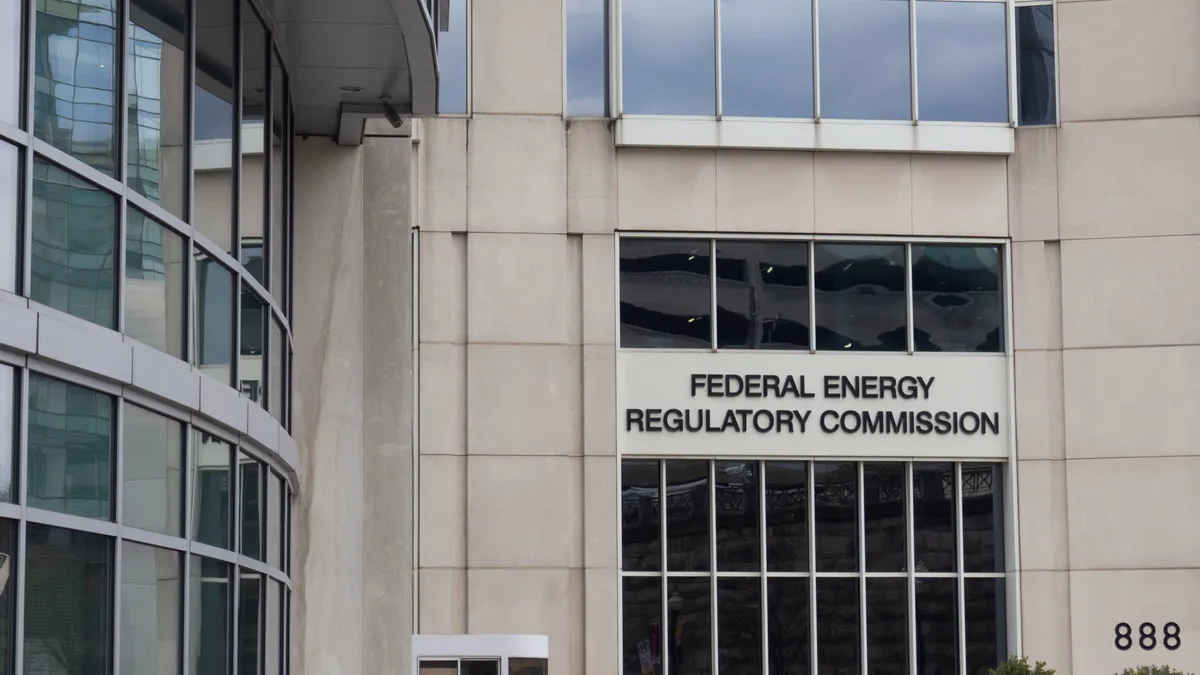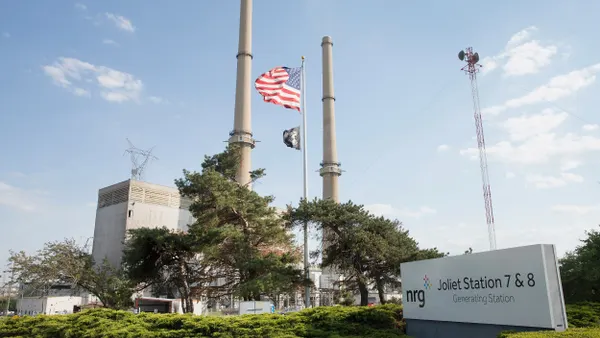Dive Brief:
- EPA Administrator Scott Pruitt defended the Trump administration's decision to pull out of the Paris climate accord in a series of media appearances over the weekend.
- The administrator reiterated Trump's claim that the international accord would hurt the U.S. economy and not make a meaningful contribution to global warming mitigation. Critics say the White House is cherry-picking worst-case cost scenarios and mischaracterizing climate impact studies.
- The EPA head also repeated his beliefs in fuel diversity, saying generators need "solid hydrocarbons" onsite to secure the grid against outages. The Department of Energy is currently conducting a review of the nation's baseload generation and has indicated it may seek to preempt state clean energy policies if it feels reliability is threatened.
Dive Insight:
EPA Administrator Pruitt is quickly becoming the face of the Trump administration's climate policy rollback, appearing at the Friday press briefing and making the rounds on Sunday talk shows this weekend.
Throughout his interviews, Pruitt sought to deflect questions about climate change and focus on the "merits of the deal" — specifically forecasts from NERA Economic Consulting the president cited last week, estimating the deal would cost the U.S. $2.5 trillion.
Fox's Chris Wallace pushed Pruitt on the numbers, pointing out that the study was "funded by two groups that are dramatically opposed to environmental regulation."
"The study results are not a benefit-cost analysis of climate change," Wallace said, calling them a "worst-case scenario."
Pruitt did not relent, saying the accord would cost 400,000 jobs and then pivoting to an argument that the coal sector had added 50,000 jobs over an unspecified time period, including 7,000 in May.
Those numbers, repeated across each interview, have raised eyebrows in the sector, as the entire coal mining sector employs just over 53,000 workers and added about 400 jobs in May, according to the Bureau of Labor Statistics.
The EPA head also reiterated past statements about grid security, saying coal plants are needed to preserve grid reliability.
"We need solid hydrocarbons stored on site to draw down upon for peak demand and also threats to our grid," Pruitt said.
Those comments could give some indication as to how the White House is approaching a 60-day review of the nation's baseload power generation currently underway at DOE. Critics say the review is designed to disadvantage renewable energy and worry the White House will act to block state clean energy policies if it concludes they could hurt reliability.
The Federal Energy Regulatory Commission also concluded a technical conference last month on state power subsidies and their effects on wholesale market operations. The commission is currently without a quorum, but the Senate is set to vote on two of Trump's nominees to its board this week.












